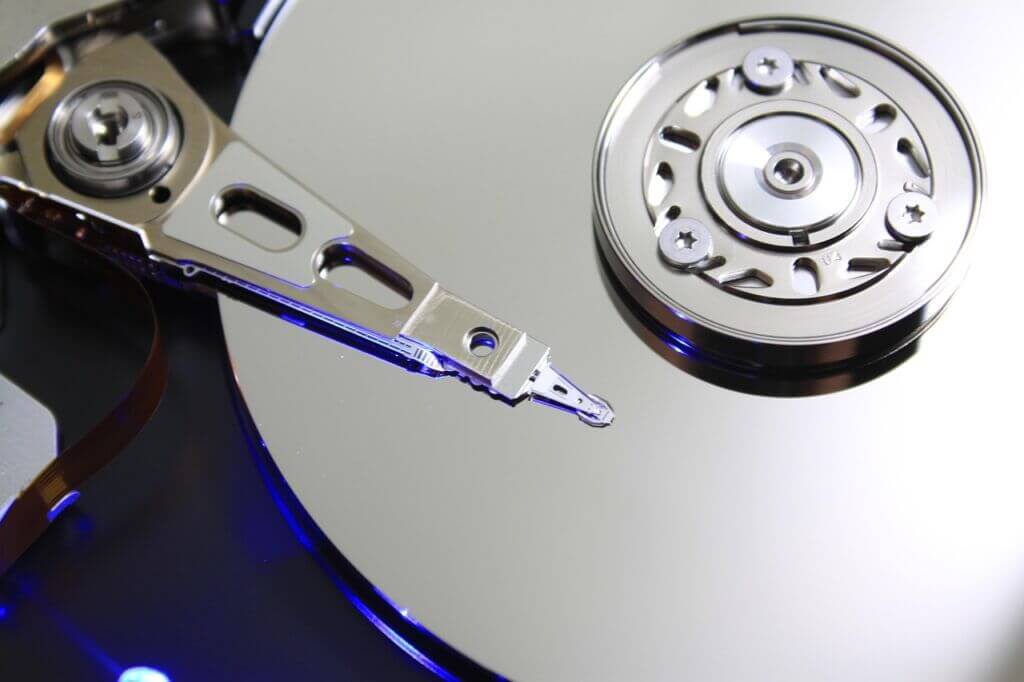Guest Blog
Written By: Chris Regan Founder CLR Solutions LLC Businesses replace technology fast. Laptops get upgraded, servers get refreshed, phones get swapped, and “that box of old hard drives” quietly grows in a closet somewhere. The risk is that disposal becomes an afterthought-handled like normal recycling, a quick reset, or a handoff to a third party with vague assurances. And when that happens, the consequences aren’t theoretical. Poor data destruction can turn yesterday’s equipment into tomorrow’s breach, audit issue, or legal headache. And because “data destruction” can mean a few different things in practice-wiping, shredding, degaussing, and more-it helps to be…
Read MoreWritten By: Sukrti Thonse Associate, Corporate, and Healthcare Greenbaum, Rowe, Smith & Davis LLP What You Need to Know New Jersey will fully exit its pandemic-era regulatory framework for certain healthcare providers on February 16, 2026 Advanced Practice Nurses, Physician Assistants, hospitals, medical practices, and providers operating under emergency or reciprocity licenses may face regulatory scrutiny for non-compliance with a return to pre-COVID supervision, prescribing and licensure requirements Impacted providers should take immediate action to ensure that all collaborative agreements, supervision structures, and prescribing authority are compliant by the February 16th deadline On January 16, 2026, former Governor…
Read MoreWritten By: David H. Nachman, Esq. Ludka Zimovcak, Esq. Snehal Batra, Esq. Samantha Oberstein, Esq. Nachman, Phulwani, Zimovcak (NPZ) Law Group, P.C. U.S. Citizenship and Immigration Services (USCIS) requires employers seeking to file H-1B cap-subject petitions, including those eligible for the advanced degree exemption, to first electronically register and pay the associated $215.00 H-1B registration fee before filing a petition. USCIS will open an initial registration period for a minimum of 14 calendar days each fiscal year. During this initial registration period, prospective petitioners or their authorized representatives must electronically submit a separate registration naming each alien for whom…
Read MoreWritten By: David H. Nachman, Esq. Ludka Zimovcak, Esq. Snehal Batra, Esq. Samantha Oberstein, Esq. Nachman, Phulwani, Zimovcak (NPZ) Law Group, P.C. The H-1B cap registration process continues to evolve, and employers planning ahead for the FY 2027 H-1B cap season should be aware of important upcoming changes. While the H-1B program has always been competitive, recent regulatory developments signal a shift toward a more strategy-driven and compliance-focused registration process. For employers that rely on foreign national talent-and for professionals planning to remain in the United States long term-understanding these changes well before the March 2026 registration period is critical. Why the…
Read MoreWritten By: Chris Regan Founder CLR Solutions LLC If you’ve ever opened a storage closet and found a sad little box of old hard drives staring back at you, you already know the feeling: “I think these were wiped… but if someone plugged them in, what would they see?” Modern guidance is pretty blunt: as long as the hardware physically exists, the data on it can often still be recovered with the right tools. Universities like Johns Hopkins explicitly warn that simply deleting or reformatting information on most storage media is often not enough, because that data is “easily recovered.”…
Read MoreWritten By: Melissa Salimbene Lindsay Dischley CSG Law They say “it’s the most wonderful time of the year,” and we want to help ensure your Company’s festivities do not take the joy out of the season. While company holiday parties present valuable opportunities to boost morale, express appreciation, and strengthen workplace culture, without careful planning, these events can expose organizations to unnecessary risks, including legal liability, safety incidents, and feelings of exclusion among employees. The good news is, taking the time now to plan an appropriate, inclusive and socially aware Company get-together will keep Scrooge far away. Here is…
Read MoreWritten By: Lizabeth Levinson Brittney Powell Fox Rothschild A growing number of companies – following the lead of Costco – are filing protective lawsuits in the U.S. Court of International Trade (CIT) to preserve their right to refunds if the Supreme Court strikes down the Trump administration’s emergency-based tariffs. If your company paid tariffs enacted under the International Emergency Economic Powers Act (IEEPA) in 2025, you should consider immediate, practical steps to protect your position. Fox Rothschild’s International Trade team is filing suit on behalf of a coalition of plaintiffs. Email Lizbeth Levinson at llevinson@foxrothschild.com or your primary contact at the…
Read MoreWritten By: Chris Regan Founder CLR Solutions LLC When your company retires old laptops, servers, or hard drives, there’s always a basic question in the background: How do you prove the data is really gone? You might wipe drives or send equipment to a recycler. But if an auditor, regulator, or cyber insurer asks a year from now, “Show us what happened to these devices,” verbal assurances won’t cut it. You need something you can actually put on the table. That’s where an ITAD certificate of destruction comes in. It’s a straightforward document that connects specific devices to a specific destruction…
Read MoreWritten By: Chris Regan Founder CLR Solutions LLC. If you manage retiring laptops, servers, backup tapes, or the odd box of legacy media, you already know the uncomfortable truth: “delete” isn’t destruction. Drives fail, tapes age, and fleets get refreshed-but the data inside them doesn’t vanish on its own. At CLR Solutions, we help organizations choose the right end-of-life method for each device, balancing security, cost, and sustainability. One option that still matters in 2025 is degaussing-the use of a powerful magnetic field to scramble data on magnetic media so it can never be reconstructed. This post explains what degaussing is, how it works,…
Read MoreWritten By: Chris Regan Founder CLR Solutions LLC Every business and individual today depends on data. It’s in your emails, your financial records, your health information, and your client files. But what happens when the devices holding that data – hard drives, servers, laptops, phones – reach the end of their life? Simply deleting files isn’t enough. Without proper handling, sensitive information can still be pulled back with basic recovery tools, leaving you exposed to data breaches, identity theft, and regulatory fines. That’s where data destruction comes in. At CLR Solutions, we specialize in secure, certified destruction methods that make sure your…
Read MoreEach week, we feature a guest blog from one of our members on an issue that's important to business. Want to write for CIANJ? E-mail jpangburn@cianj.org to get your organization published here.









